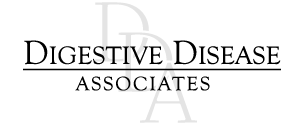Digestive disease specialist Suman Kaur treats patients with esophageal cancer, the 7th most common cancer among men. Also affecting women, this disease occurs when cancer cells arise in the esophageal tissue.
The two most common forms of esophageal cancer are:
- Squamous cell carcinoma (forms in the thin, flat cells that line the esophagus)
- Adenocarcinoma (begins in the glandular cells)
Symptoms may include:
- Painful, difficult swallowing
- Weight loss
- Bleeding
- Pain behind the breastbone
- Cough
- Hoarseness
- Heartburn
Treatments vary according to the stage of the disease and may include:
- Endoscopic mucosal resection (typically for Stage I)
- Esophagectomy (Removal of a portion of the esophagus; stomach is raised and joined to remaining portion of esophagus. The neighboring lymph nodes may also be removed to check for cancer.)
- Radiation therapy to kill cancerous cells or stop them from growing
- Chemotherapy to kill cancerous cells or stop their division
- Chemoradiation therapy (a combination of chemotherapy and radiation)
- Laser therapy (using a laser beam to kill cancerous cells)
- Electrocoagulation (using an electric current to kill cancerous cells)
Note: This information shouldn’t take the place of a physician’s care. Please see your physician or a Digestive Disease Associates physician with any questions or concerns: (630) 325-4255.
